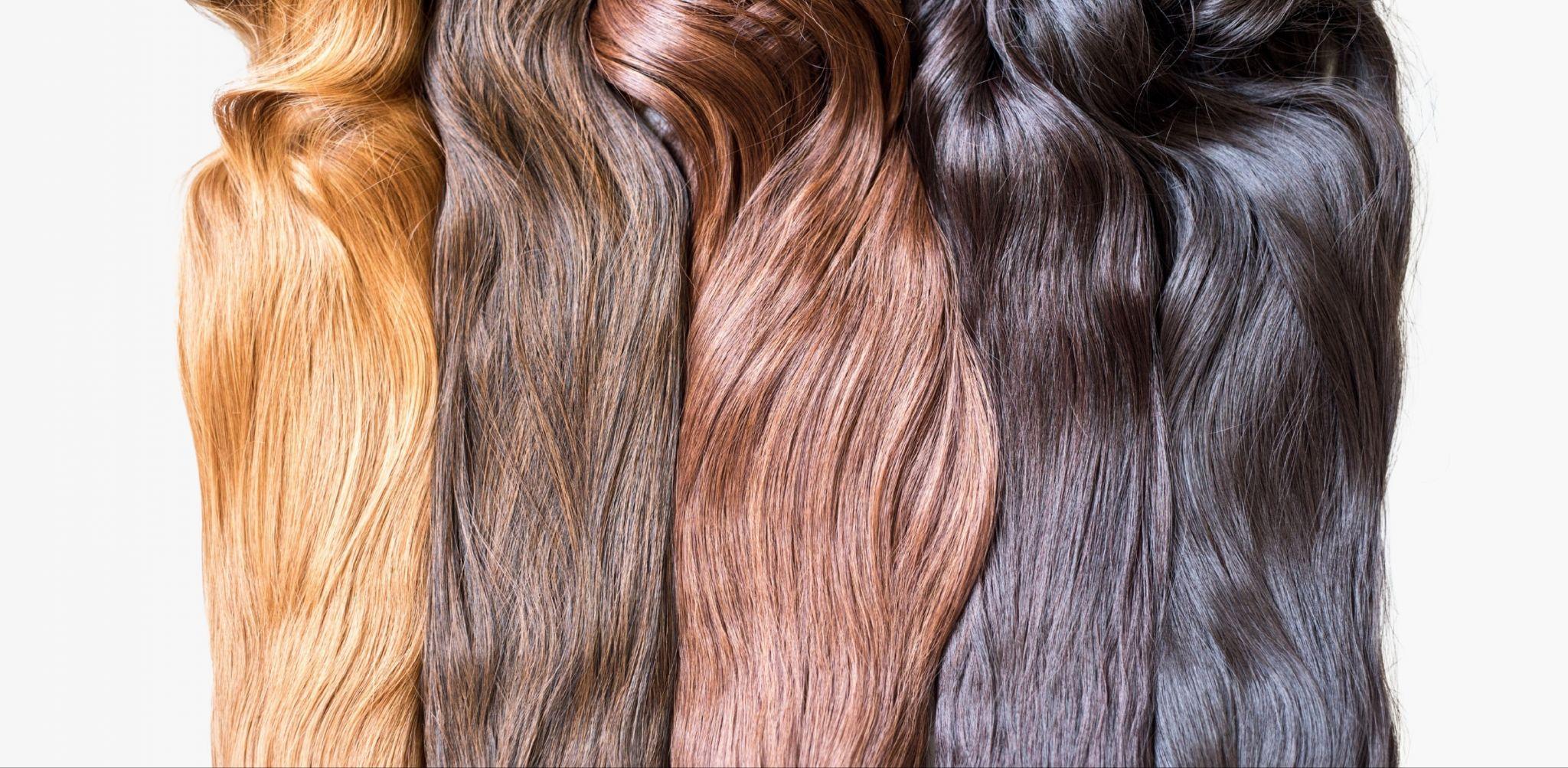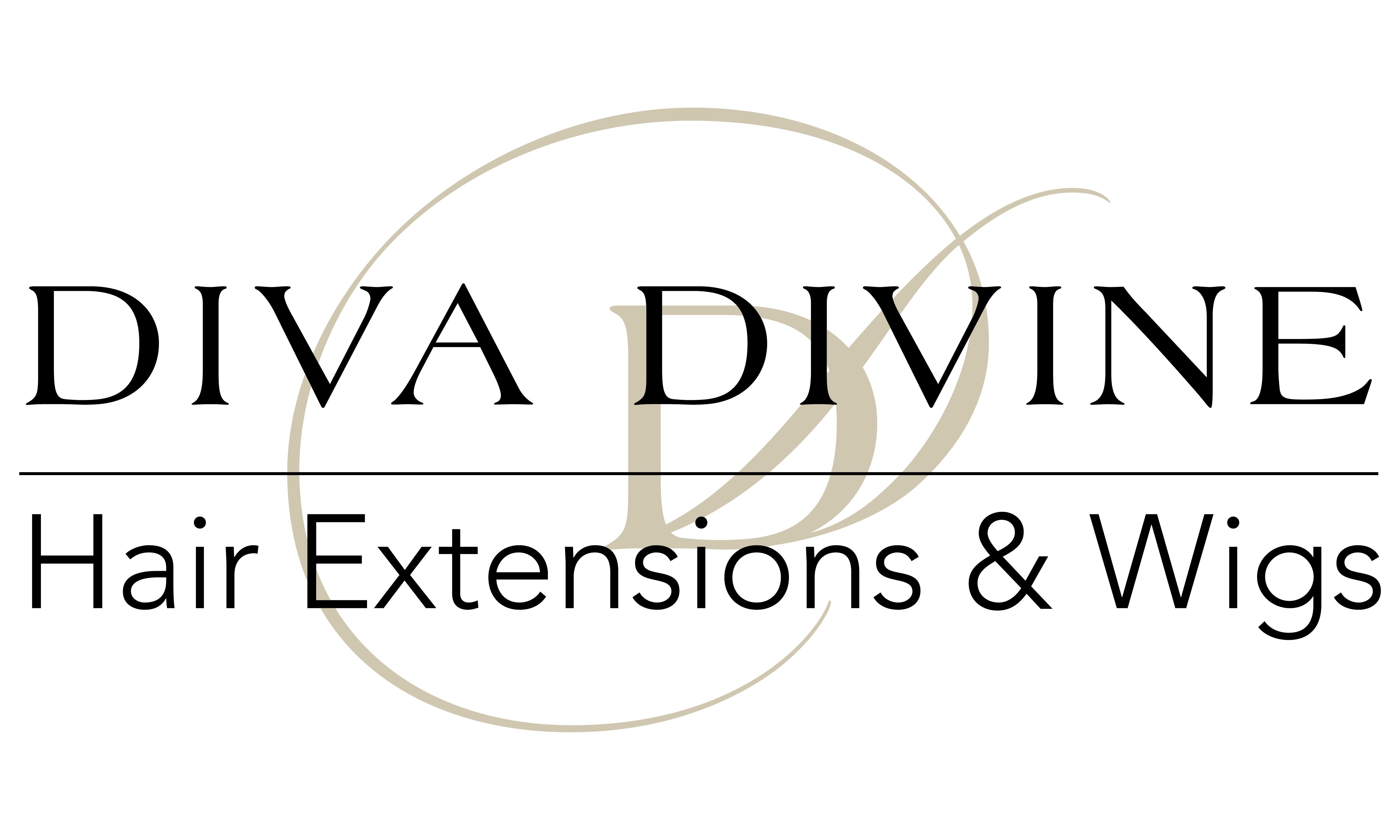
What Are The Different Types Of Extensions
The main types of hair extensions are clip-in, tape-in, sew-in (also known as a weave), fusion (pre-bonded), micro-link (also known as micro-bead), and halo extensions. Each option differs in how it’s applied, how long it lasts, and how it suits different hair types and lifestyles.
In India, we can see that hair extensions have become a popular solution for anyone looking to add length, volume or versatility to their hair.
We’ve seen it in brides preparing for their big day looks and working professionals seeking a confidence boost. Different types of extensions offer instant transformation without the need to wait for months for natural growth.
With more salons across Indian metros and online platforms offering different types of extensions, the options can feel overwhelming. So, in today’s guide, we will break down the main types of hair extensions available, their pros vs cons, and best uses, so you can decide what works best for your lifestyle, hair type, and budget.

Human Hair Extensions vs Synthetic Hair Extensions
When choosing from types of extensions, the first decision you need to make is between human hair and synthetic hair.
• Human Hair Extensions
Made from 100% natural hair, these real hair extensions blend seamlessly with your own strands.
They can be cut, styled, coloured, and treated with heat just like your real hair. Human hair extensions also last longer, making them a premium but more expensive option.
• Synthetic Hair Extensions
Crafted from man-made fibers, these are more affordable and come pre-styled (straight, curly, or wavy). However, they cannot be heat-styled or dyed, and their shine may sometimes look less natural. They’re best for occasional or short-term use.
Different Types of Extensions Available
1. Clip-In Extensions
Clip-in extensions are the most beginner-friendly option. They come as wefts of hair with small clips attached at the base.
This allows you to secure them onto your natural hair within minutes, which is why it’s one of the best options if you’re a beginner or if you’ve been meaning to give hair extensions a go.
|
Pros |
Cons |
|
Easy to apply and remove without the need for a stylist. |
Designed for temporary styling, not for sleeping or showering. |
|
Affordable compared to salon-based extensions. |
Need to be placed carefully for the most natural look. |
|
Gentle on natural hair (no glue, heat, or braiding). |
Best worn occasionally rather than every single day in very humid weather. |
Best suited for: All women, brides, professionals, students, moms, travellers, basically anyone who wants instant length and volume without long-term commitment.
2. Tape-In Extensions
Tape-in extensions use thin adhesive strips to attach hair wefts close to the roots. These are semi-permanent and require professional application.
|
Pros |
Cons |
|
Lightweight and blends naturally with Indian hair textures. |
Requires a stylist for application and removal. |
|
Reusable if properly maintained. |
Adhesive may loosen in humid climates or with oily scalps. |
|
Provides a seamless finish, making them a favourite for bridal hairstyles. |
Maintenance every 6–8 weeks. |
Best suited for: Brides and professionals who want a natural, polished look for weeks at a time.
3. Sew-In (Weave) Extensions
 Types of extensions: Sew-in extensions
Types of extensions: Sew-in extensions
Sew-in extensions involve braiding your natural hair into cornrows and sewing the extensions onto the braids with a needle and thread.
|
Pros |
Cons |
|
Very secure and long-lasting (up to 8 weeks). |
Installation can take several hours. |
|
Works well for thick and coarse hair.
|
Not ideal for fine or thin hair due to the tension of the braiding process. |
|
Protective style, your natural hair is shielded from daily damage. |
It can feel heavy, especially in hot climates. |
Best suited for: Those with thick hair who are seeking a protective style or long-term wear.
4. Fusion (Pre-Bonded) Extensions
Fusion extensions use keratin bonds that are fused to natural hair with heat tools. Each extension strand is attached individually, creating a natural and long-lasting look.
|
Pros |
Cons |
|
Very natural finish that blends seamlessly. |
Expensive compared to other types. |
|
Lasts 3–4 months with proper care. |
Requires professional installation and removal. |
|
Great for elaborate styling such as bridal updos. |
Heat application may cause damage if not done carefully. |
Best suited for: People committed to long-term extensions, brides, and those in the entertainment or modelling industry.
5. Micro-Link (Micro-Bead) Extensions
 Types of extensions: Micro-link extensions
Types of extensions: Micro-link extensions
Micro-link extensions (also called micro-bead or I-tip extensions) use tiny beads to attach small sections of extension hair to natural hair; no glue or heat is required.
|
Pros |
Cons |
|
Reusable hair. |
Requires a skilled stylist to prevent slippage or breakage. |
|
No adhesives or heat involved. |
Can be uncomfortable if applied too tightly. |
|
Adjustable as the extensions can be moved higher as your natural hair grows. |
Not readily available outside big Indian cities. |
Best suited for: Urban professionals who want a semi-permanent solution with less chemical involvement.
6. Halo Extensions
Halo extensions are a single strip of hair attached to a nearly invisible wire that sits like a headband around your crown.
|
Pros |
Cons |
|
Quick to wear and remove. |
Not suitable for high buns or traditional hairstyles, such as braids. |
|
Zero damage since there are no clips, glue, or heat. |
It can shift if not fitted properly. |
|
Affordable and reusable.
|
Offers temporary results, so not ideal if you’re looking for a permanent solution. |
Best suited for: Quick makeovers for parties, social events, or casual outings.
Confused about which style suits you best? Read Are Clip-In Hair Extensions Better Than Halo Hair Extensions? and learn what works best for you.
Types of Extensions: How to Choose the Right One?
Choosing the right extensions depends on your lifestyle, hair type, and how often you plan to wear them:
● Brides: Tape-in or fusion extensions are ideal for multiple ceremonies and heavy styling.
● Professionals: Micro-link or tape-ins offer a polished look with manageable upkeep.
● Students & occasional users: Clip-in extensions or halo extensions give flexibility and quick results without long-term commitment.
● Thick coarse hair: Sew-in extensions are durable and protective, providing a secure hold for your hair.
● Fine or fragile hair: Halo and clip-in extensions are gentler alternatives that minimise damage.
For most women looking for ease, versatility and low-maintenance styling, clip-in extensions remain the most beginner-friendly and flexible choice. Clip in extensions work for any occasion, from bridal hair glam to casual everyday looks or even quick party-ready styles.
When considering different types of extensions, always take into account India’s climate, humidity, heat and pollution, as these factors can impact adhesive strength and styling results.
A consultation with a trained stylist is highly recommended before committing to semi-permanent or permanent options.
Feeling unsure how to spot human hair extensions from a synthetic one? Read Original Hair Extensions: How to Tell Human Hair from Synthetic, no guesswork, no gimmicks.
Conclusion
Hair extensions in India are no longer limited to celebrities or salon regulars. From affordable clip-ins available online to luxury fusion extensions in high-end salons, there is an option for every budget and need.
The key is to choose based on your lifestyle, natural hair type, and commitment to maintenance. When applied and cared for correctly, extensions can transform your look while keeping your natural hair healthy.
If you’re ready to take the leap, start with clip-in extensions. Explore Diva Divine’s collection of real hair extensions in a variety of styles and lengths.
If you found this blog helpful, don’t forget to share it ahead!

